INTERVIEWS
Delphine Griveaud
Interviewer: Vanessa Sicotte
Language of interview: French
Country of practice: France
Profession: Researcher in restorative justice
Delphine Griveaud is a PhD candidate in social sciences under joint supervision of the Université Catholique de Louvain and the Université Paris Nanterre. Her research focuses on how restorative justice has been integrated into the traditional justice system in France. Griveaud worked for the Chilean Truth Commission, and the Truth and Reconciliation Dialogue in Abidjan, Ivory Coast. The former allowed her to believe in the power of transitional justice, and the latter to understand the reality of power dynamics in processes with intervention of foreign actors.
During our conversation, Griveaud talks about her participation in some restorative justice practices in Europe, in which survivors do not search for healing for themselves, but to help offenders understand their wrong doing. She describes two quiet and well-insulated spaces used for these practices. The first one is a windowless room, located in the basement of a French prison; a very hot space, without natural light, and bland walls that gave her a feeling of drowsiness. During this encounter, the participants were seated in a semi circle configuration, with the facilitator at the front-end, and the offenders and community members interspersed in the available seats.
The second encounter occurred in a room inside an English prison, located in what she describes as a beautiful old building. It had windows along two sides, which filled the room with natural light. According to Griveaud, this room had a better atmosphere because of the ceiling’s height and natural light, as well as the use of standard walls. However she highlights how the arrival to both rooms was a noisy, complicated, long process, with the need of different security checks. To conclude, Griveaud explains her perfect space for restorative justice as a neutral, open room with distant walls that ensure privacy and confidentiality, and afford a sense of open space.
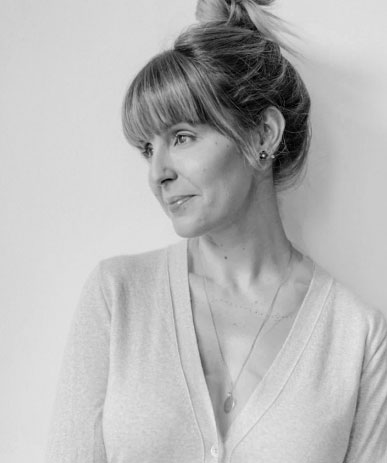
is an author, speaker, columnist, and podcaster in the fields of architecture and decorative arts. She is completing her MA in Art History at Concordia University, Montréal, and holds a Bachelor of Commerce with a major in Marketing from John Molson School of Business. She studied Industrial Psychology in Los Angeles, California. Sicotte is the author of two published books on design (2015, 2018) published by Les Éditions Cardinal.

is a Colombian PhD candidate in the Department of Art History at Concordia University. She has a background in architectural design and community activism and holds a master’s degree in Building and Urban Design from the Bartlett School of Architecture in London, England. Her interests focus on socially-engaged art, social movements, collaborative activism in post-conflict scenarios, collectively-produced art, and art produced in relation to the built environment.
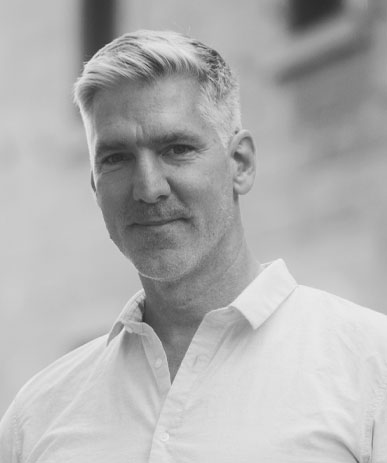
is a PhD candidate in Humanities at Concordia University. His research focuses on spatial agency, social aesthetics, youth narratives, and graphic representations of urban memory. He has published on the relationship between children, play, and public space in Cartagena, Colombia. He has also worked as an editor on literary projects, including Territorio Fértil, which received the María Nelly Murillo Hinestroza award for Afro-Colombian literature.
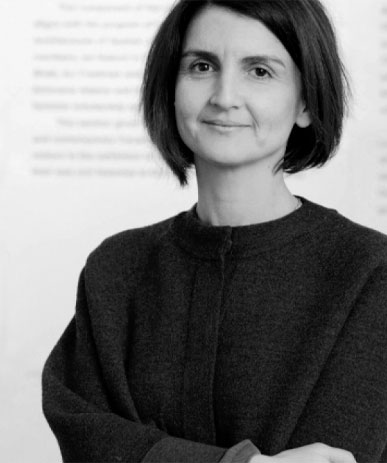
is Associate Professor and Canada Research Chair in Architectures of Spatial Justice (Tier 2) at the Peter Guo-hua Fu School of Architecture at McGill University, Montréal, Québec, Canada. Her research interests include low-income housing and participatory design, civil protest and urban design, and campus landscapes and race. Her publications include the co-edited book, Orienting Istanbul (2010) and solo-authored book, Istanbul Open City (2018).
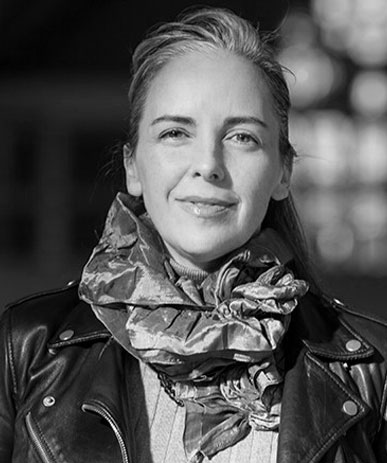
is an artist and a professor of Art History at Concordia University. Her work focuses on women and the history of the built environment, urban landscapes, research-creation, and oral history. She has published on the spatial history of the suffrage movement, public art, gardens, and the politics of urban change. In addition to her research on the spaces of restorative and transitional justice, she is leading an oral history project on the urban memories of diverse Montrealers.
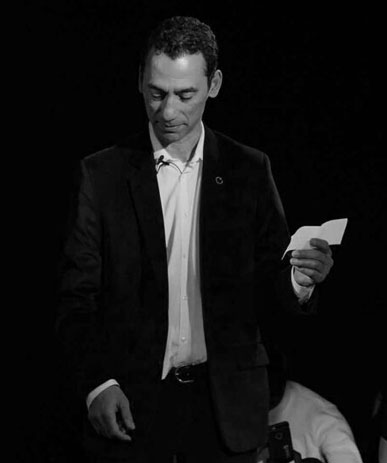
is Associate Professor in the Department of Theatre at Concordia University, Montreal (Quebec, Canada). He is also the second co-director of Concordia’s Centre for Oral History and Digital Storytelling. His latest publications explore listening in the context of post-conflict performances of memory. For instance, see ‘Facilitating voicing and listening in the context of post-conflict performances of memory. The Colombian scenario.’ In: De Nardi, S., Orange, H., et al. Routledge Handbook of Memoryscapes. Routledge: London. (2019), and his article ‘Not being able to speak is torture: performing listening to painful narratives’. International Journal of Transitional Justice, Special Issue Creative Approaches to Transitional Justice: Contributions of Arts and Culture. (March, 2020)